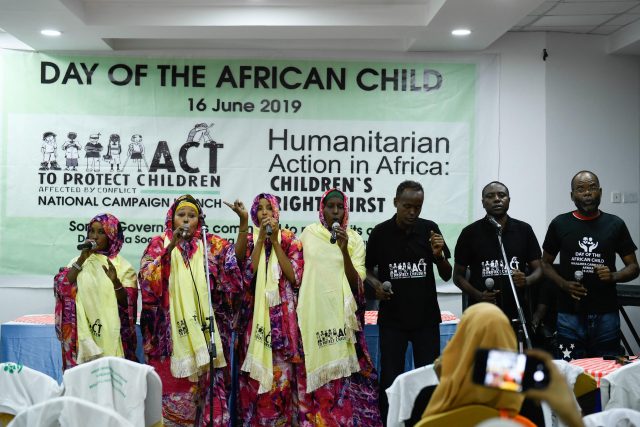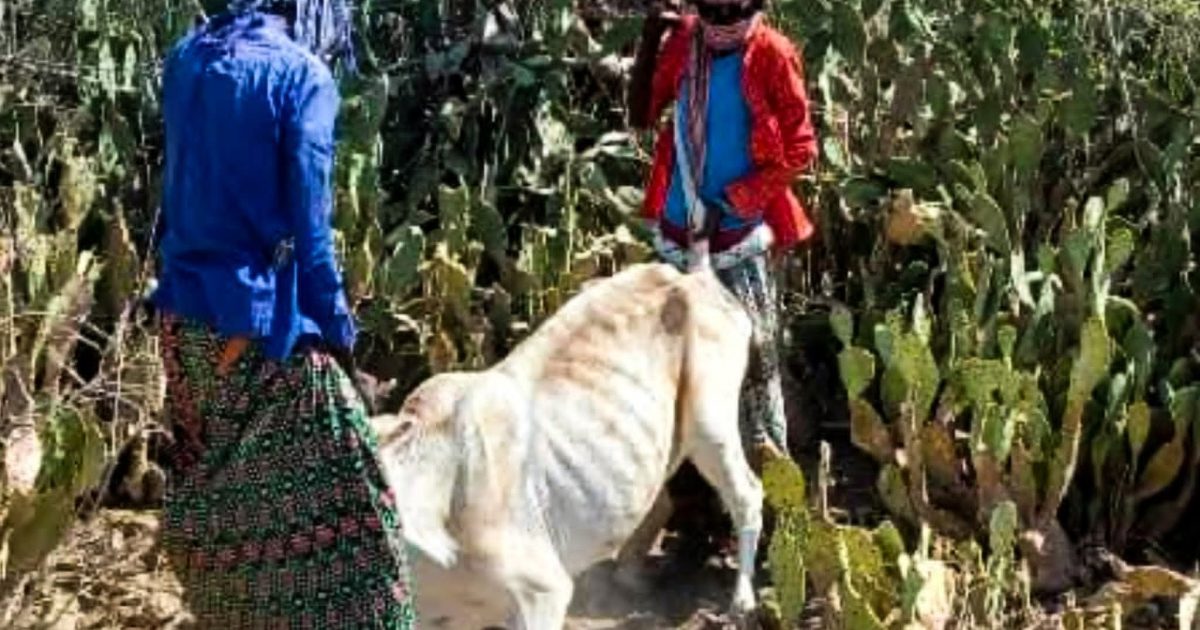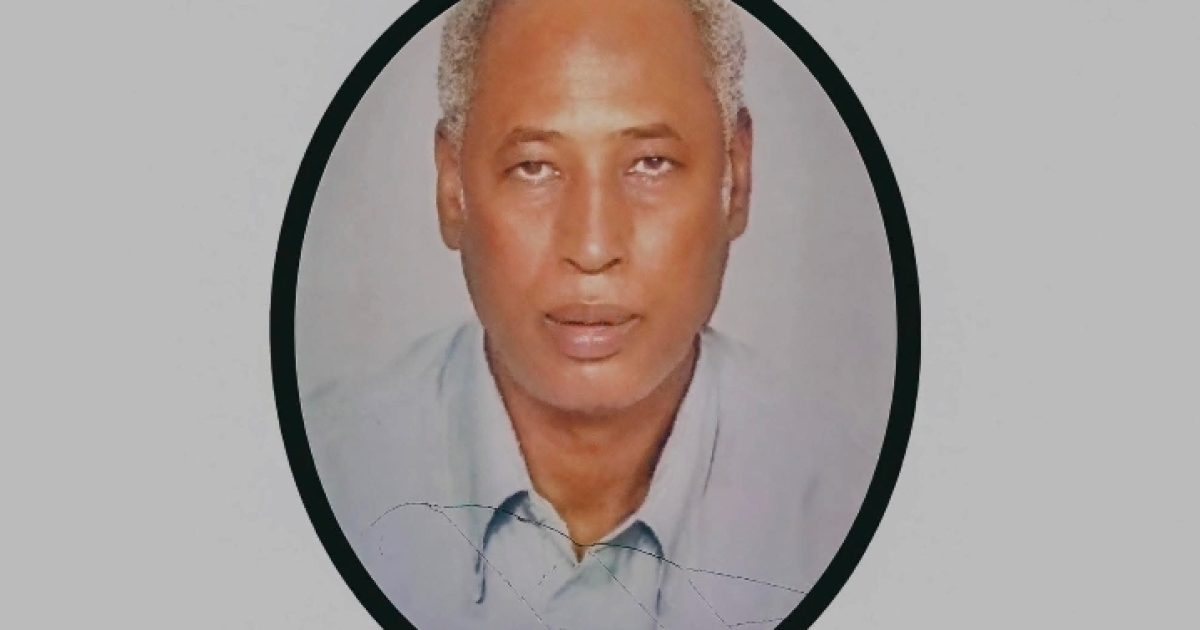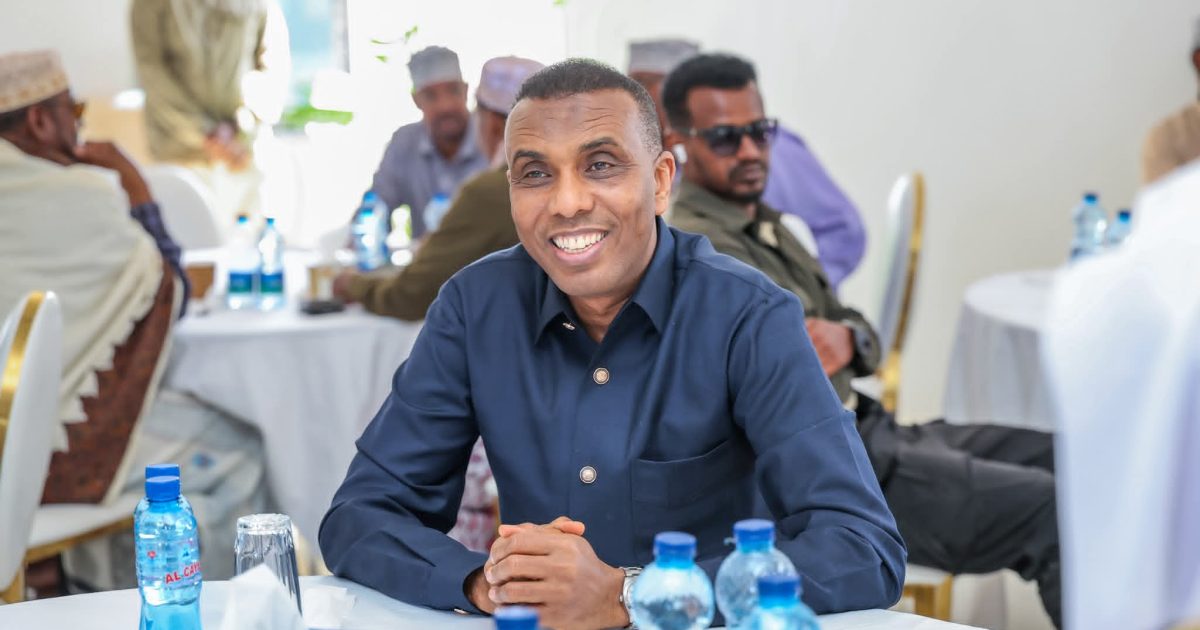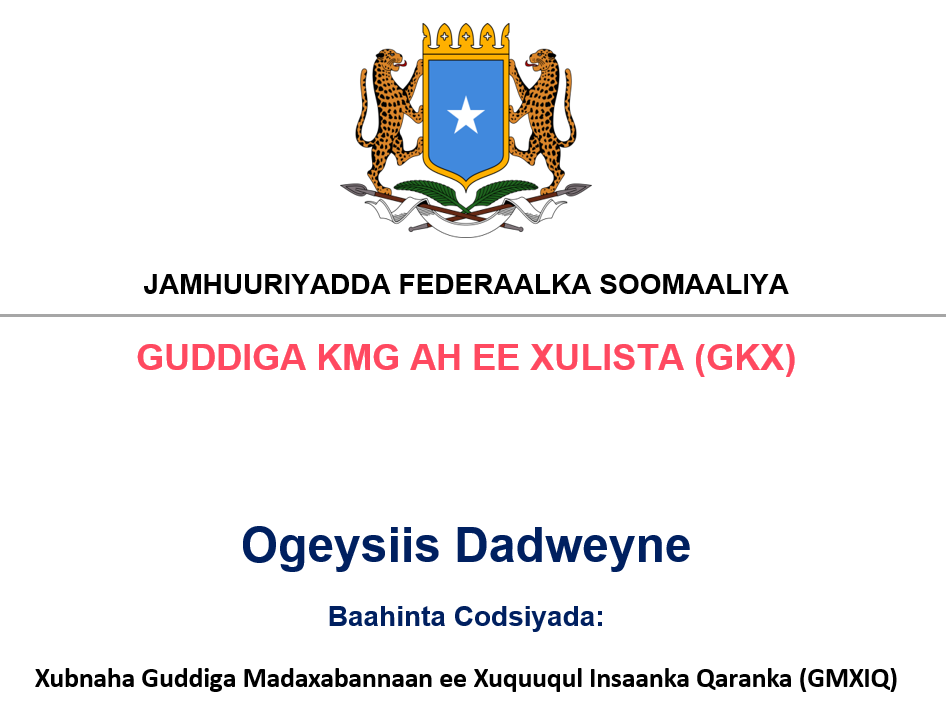Somalia joined the rest of the African continent in celebrating the International Day of the African Child with a commitment to uphold child welfare and protection rights across the country. This year’s theme was: ‘Humanitarian Action in Africa: Children’s Rights First’.
Children in Somalia have been the victims of different forms of violations due to the armed conflict that ravaged the country for many years. In 2012, the government of Somalia and the United Nations signed joint action plans to end the recruitment and use of children in armed forces and to end the maiming and killing of children.
The Federal Minister of Justice and Judicial Affairs, Hassan Hussein Hajji, reiterated the importance of upholding the rights of children in Somalia as per the transitional constitution.
Mr. Hajji, who was speaking during the Day of the African Child commemoration ceremony held in Mogadishu, yesterday, said the Somali government was implementing the transitional constitution which explicitly advocates for the rights and welfare of children in article 29 of Chapter Two.
“The constitution says all children should be brought up in an appropriate environment where they have access to quality education and life so that they can have a better future in life,” Hussein said.
The African Union Mission in Somalia (AMISOM) has been carrying out various programmes geared towards the protection of children in Somalia as enshrined in both national and international laws.
Speaking at the same event, Deputy Special Representative of the Chairperson of the African Union Commission (DSRCC) for Somalia, Simon Mulongo, said AMISOM has been working closely with the Somali National Army (SNA) and the Somali Police Force in establishing child protection units with the security forces.
“We have conducted basic training for about 3,000 AMISOM and Somali security forces on ‘prevention of the recruitment and use of child soldiers’,” said Mr. Mulongo.
The DSRCC noted that AMISOM has also trained 70 Somali trainers from the federal government, federal member states and various line ministries on how to prevent the recruitment of child soldiers.
“Indeed, we are proud to say that we now have a pool of Somali trainers across the country capable of carrying out training on child protection. This is a major milestone in the promotion of human rights in the country,” Mr. Mulongo noted.
Recruitment of children as child soldiers is still rampant in Somalia with the main culprits being Al-Shabaab militants. The militants have been accused of forcing parents to give out their sons for recruitment and killing those who resist their orders.
The United Nations Assistance Mission Somalia (UNSOM) Senior Child Protection Advisor, Michael Ngabirano, who represented the United Nations Resident Coordinator, said that the UN will continue to work closely with the federal government and development partners to ensure those responsible for violations against children are made to account for their actions.
“The campaign entitled ‘act to protect children affected by conflict’ is a national campaign which will be championed by government ministries and departments to ensure children in Somalia are protected,” Ngabirano said.
Ngabirano added that the UN and the federal government recently held a consultative meeting to discuss ways of rolling out an awareness campaign on the prevention of violations of children’s rights.
The participants called on the government to fast-track the enactment of the Children’s Act and the Sexual Offences Act and also ratify the Optional Protocol to the Convention on the Rights of the Child on the Involvement of Children in Armed Conflict (OPAC) to enable the country effectively fight all forms of crime against children.
AMISOM Human Rights Officer, Ulrike Kahbila Mbuton, said this year’s celebrations were organised by the UN, AMISOM and federal government ministries responsible for child welfare and protection.
The Day of the African Child was established by the Organisation of African Union, the African Union’s predecessor, in 1991 following the Soweto uprising in South Africa, where children participating in a peaceful protest were attacked by police officers under the apartheid regime in 1976.


